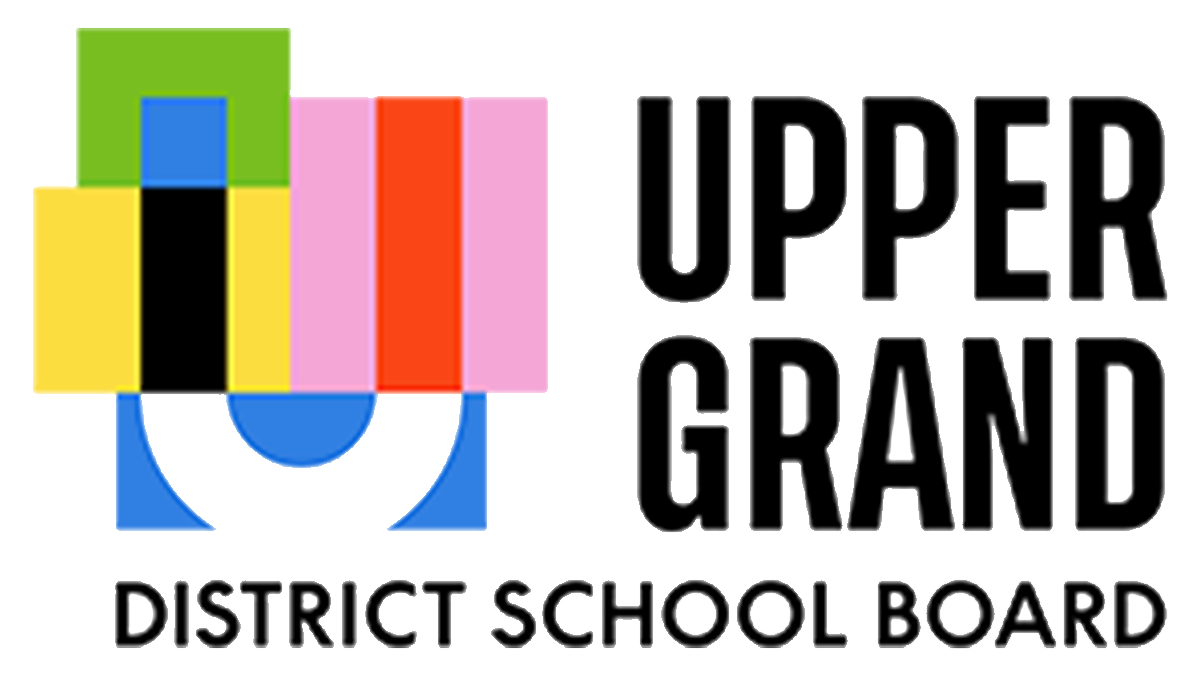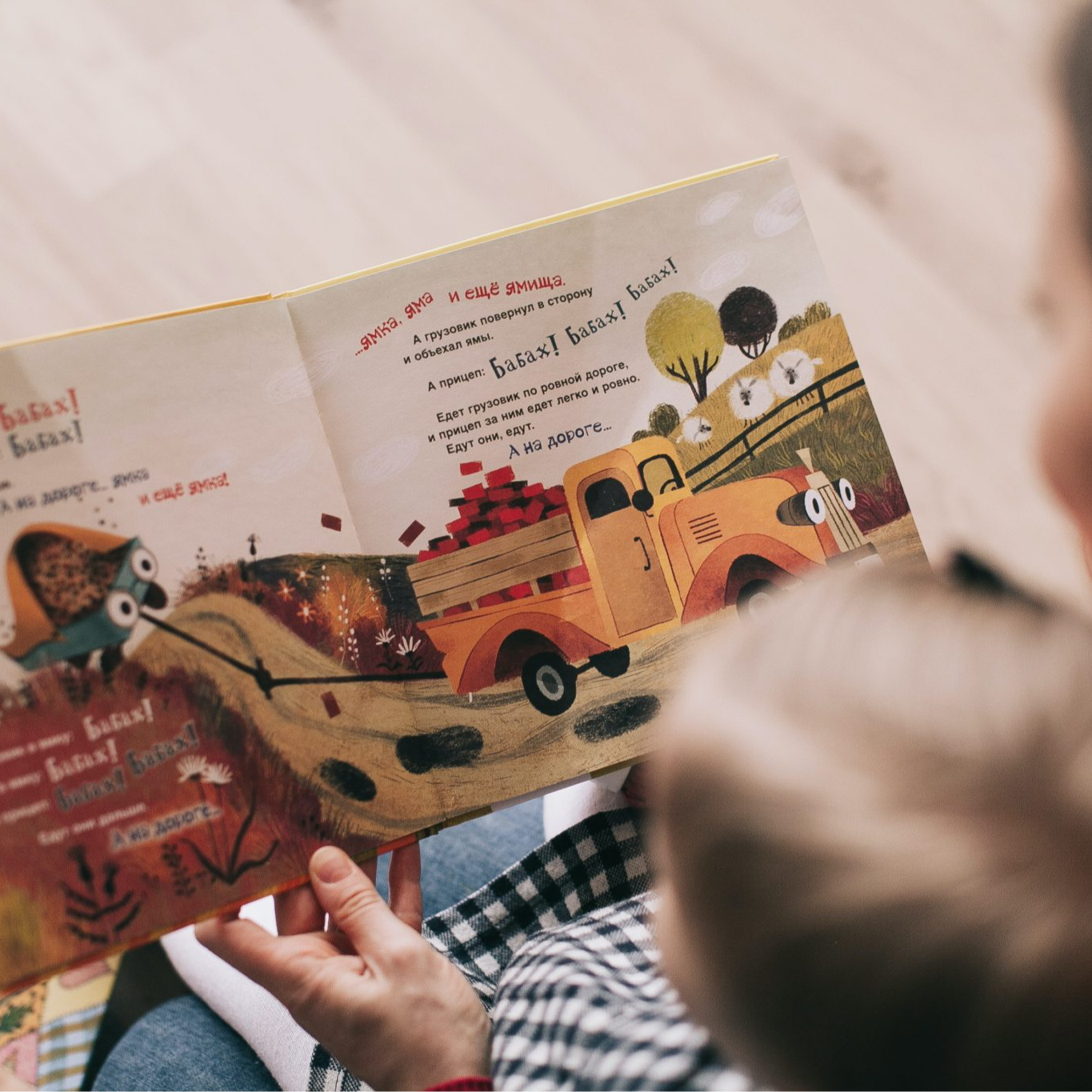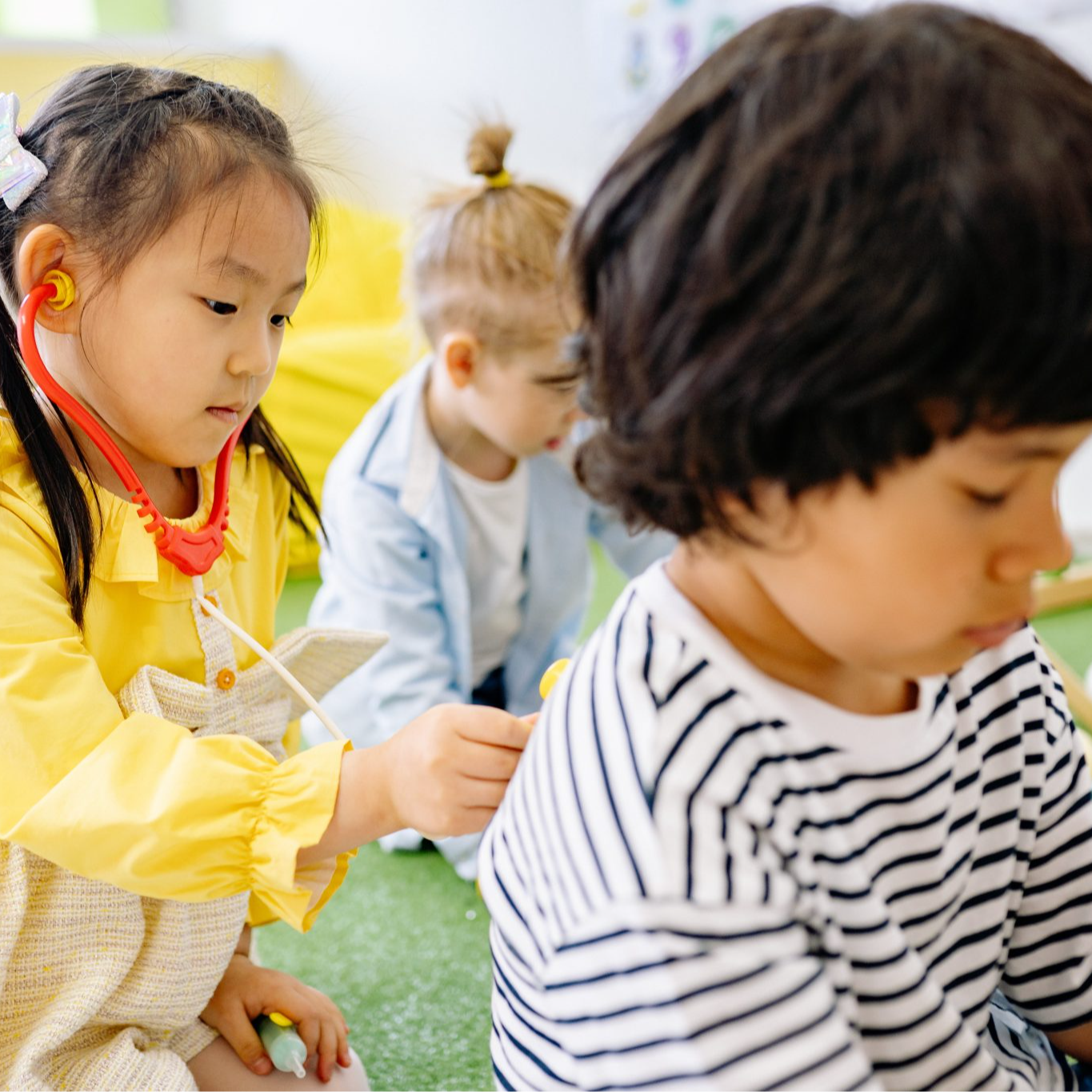
Welcome to our UGDSB website for parents and caregivers of students who receive specialized services for speech, language, or hearing difficulties.
Please check out the tabs on top left side of this page to find information about communication disorders and how you can help your child.
Who Are We?
We are Speech-Language Pathologists (SLP) and Communicative Disorders Assistants (CDA) who provide service in school-based teams. The Speech-Language Pathologists are highly trained in communication development and disorders at the Master’s level, and are registered with the College of Audiologists and Speech-Language Pathologists of Ontario to practice in Ontario. Communicative Disorders Assistants have a bachelor degree or diploma and an Ontario college graduate certificate from a Communicative Disorders Assistant Program. CDAs provide direct services to students under the clinical supervision of the Speech-Language Pathologist who assesses the students, develops the programs and evaluates their progress.
We are also Itinerant teacher of the Deaf and hard of Hearing (IT-D/HH) and Language Acquisition Support Workers (LASW). The IT-D/HH have additional qualifications for supporting the educational outcomes of students with a hearing loss and are registered with the Ontario College of Teachers. The LASW is proficient in American Sign Language (ASL) and supports students in the acquisition of ASL.
Who Are The Students SLPs and CDAs Work With?
Speech-Language Pathologists help school staff develop the best learning environment to support children with a variety of communication needs. Since our services are school-based, we focus on supporting the communication skills of students so that they are able to participate in all aspects of their education. Communication skills include listening, speaking, reading, writing and non-verbal communication. While we place an emphasis on primary students and early intervention, we serve students from junior Kindergarten to Grade 12 (or school exit) with needs in :
● Understanding spoken language, written text and picture communication symbols
● Communicating by speech, written text or speech generating device
● Hearing or Listening
● Using language and nonverbal communication to engage socially
Who Are The Students the IT-D/HH and LASW Work With?
The Deaf and Hard of Hearing team members support students with a hearing loss and their teachers. The range of services include educational assessment, direct instruction, consultation, hearing technology support and ASL support. The team supports students of all ages and determines the level of support based on individual student’s needs.
How Can A Student Receive Services?
Our SLP services are accessed through the Consultant Support Team (CST) at the student’s school. The classroom teacher brings concerns to the In-School Team (IST) where the decision is made to refer to the CST. The informed consent of parents/guardians must be obtained by the Speech-Language Pathologist before service is provided to referred students.
In Senior Kindergarten, the Kindergarten Communication Skills Evaluation is available to students who are selected by their teacher. Following parental consent, names are provided directly to the school’s Speech–Language Pathologist. Possible outcomes of the evaluation include classroom suggestions, additional assessment, referrals to other services and/or direct language intervention for those students who qualify.
Our D/HH team becomes involved when the school receives an audiogram indicating a hearing loss. The IT-D/HH will contact the student’s parent to gather information and consent to become involved.
What Services Do We Provide?
● Teacher Consultation: The SLP, meets with a teacher or group of teachers to discuss how to differentiate instruction for individuals or groups of students with communication needs. This is not student specific, therefore a referral is not required. The IT-D/HH supports individual teachers or groups of teachers supporting students with hearing loss.
● Student Consultation: The SLP and/or IT-D/HH problem solves with the school team including the resource teacher, and/or the classroom teacher regarding the needs of a specific student. A referral and parental consent are required. This may include observation, clinical assessment (SLP) , or educational assessment (IT-D/HH) of skills.
● Assessment: The SLP or IT-D/HH may observe a student in class, complete informal assessment of curriculum-based tasks, and/or formal assessment using standardized testing. A report including assessment results, recommendations and follow-up is provided
● Intervention/Instruction: The SLP may identify communication goals for the CDA to implement in class or outside of the classroom. Intervention may be individual or in a small group. A report including a progress summary and recommendations is provided. The IT-D/HH may identify communication or technology related goals for a D/HH student and provide regular, short-term or intermittent support as needed.





